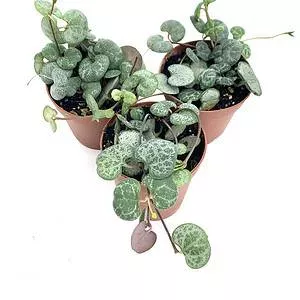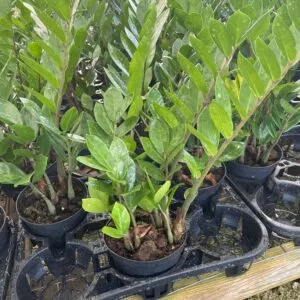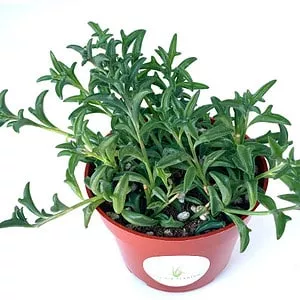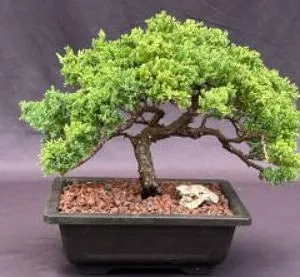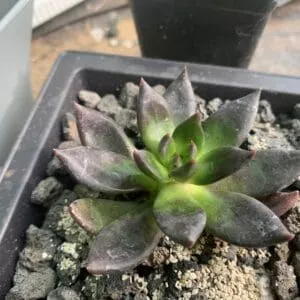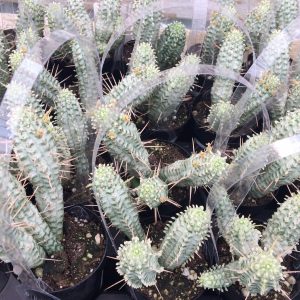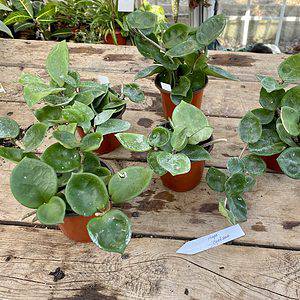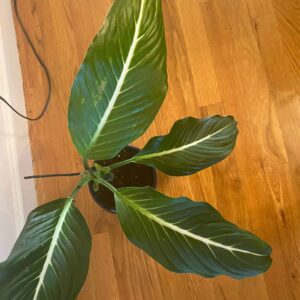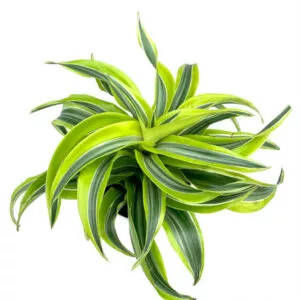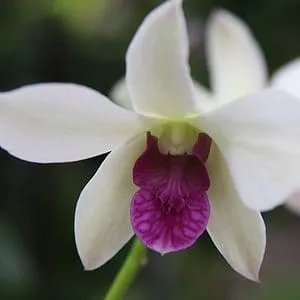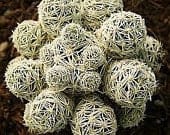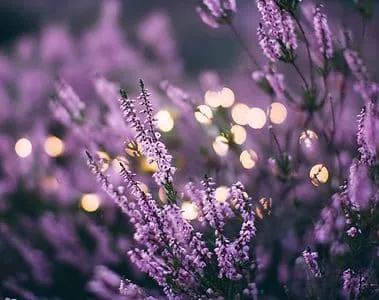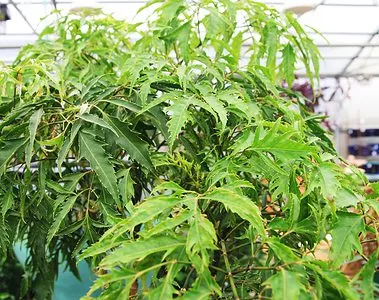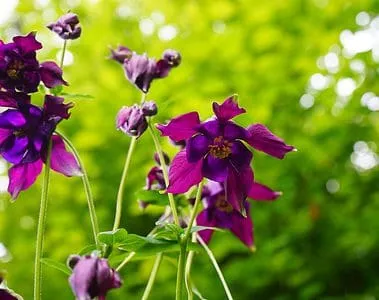No products in the cart.
Table of Contents
This is one of those questions that an experienced gardener never stops answering, I guess. There will always be people with a particular plant species and questions about its toxicity for humans and pets.
If you have any doubts, this article is here to help you! I have made a list of the harmful plants – the ones that could affect your children’s or pets’ health.
Which Plants Should You Avoid If You Have Kids or Pets
1. Aloe Vera
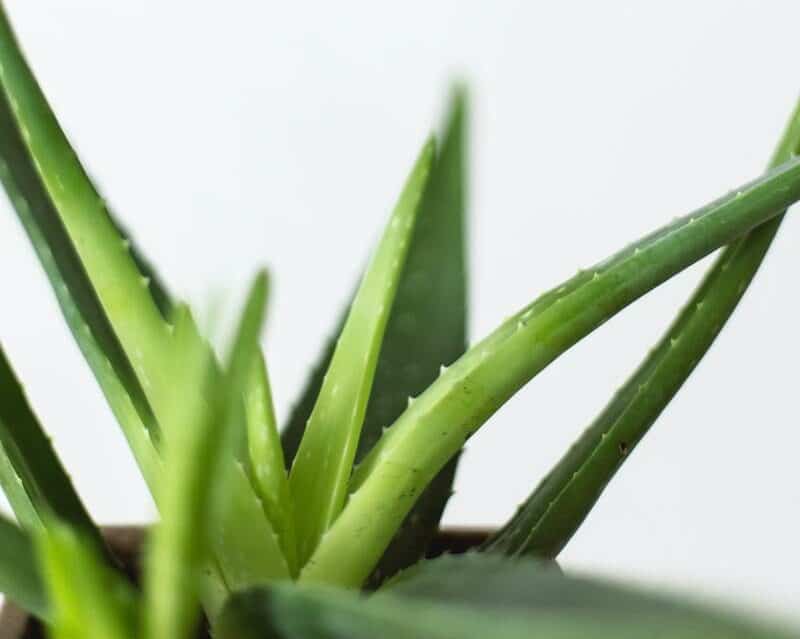
Even though it is very beneficial for human health, aloe vera is dangerous for cats and dogs.
Ingesting it causes vomiting, diarrhea, anorexia, depression, etc.
You’ll notice the change in urine color, as well.
If your pet has been in touch with the aloe leaves, its skin can get very irritated, as well.
So, if you have any pets, try to avoid aloe vera, or at least keep it somewhere out of their each.
2. Lilies
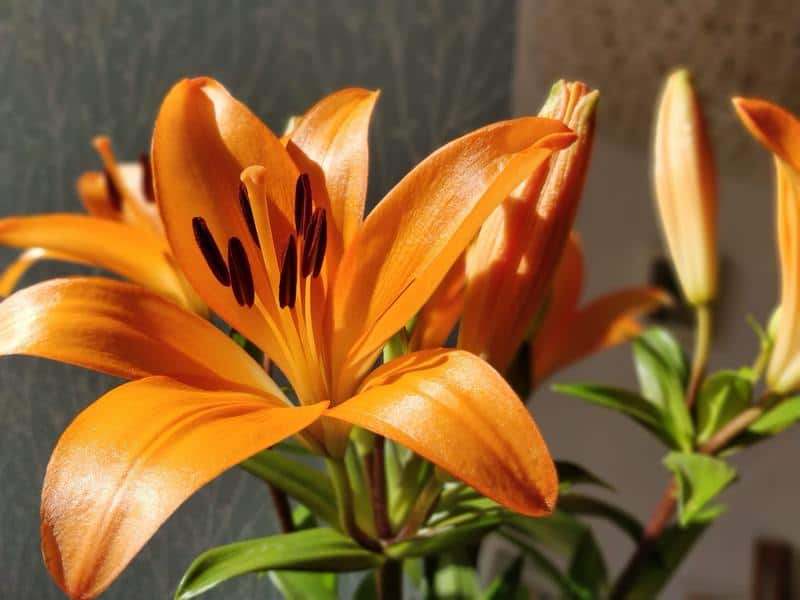
Lilies are considered to be highly dangerous for cats. Even more so because cats tend to nibble on them.
Still, you should know that there are different lily species, and with the species come different levels of toxicity.
Some cause tissue irritation to the tongue, mouth, and other organs of the digestive system, while others can cause kidney failure, even!
Thus, if you notice that your cat is eating lilies, immediately take the animal to the vet!
In stock In stock Only 1 left in stock In stock
$14.99
Sold By:
BubbleBlooms
$17.99Variegated String of Hearts, Ceropegia woodii, in 2 inch pot, well rooted, extremely rare, var, Variegata
Rated 4.81 out of 5 based on 279 customer ratings04
Sold By:
BubbleBlooms
$6.95
Sold By:
CTS Air Plants
String of Hearts Ceropegia Woodii
Only 89 available and it’s in 2 people’s basket
Sold By:
CTS Air Plants
$39.99
Sold By:
BubbleBlooms
ZZ Plant, Zamioculcas zamiifolia | Aroid palm | Eternity Plant
Rated 4.81 out of 5 based on 279 customer ratings03
Sold By:
BubbleBlooms
$6.95
Sold By:
CTS Air Plants
String of Dolphins Succulents Senecio Peregrinus
Only 9 available and it’s in 2 people’s basket
Sold By:
CTS Air Plants
3. Ivy
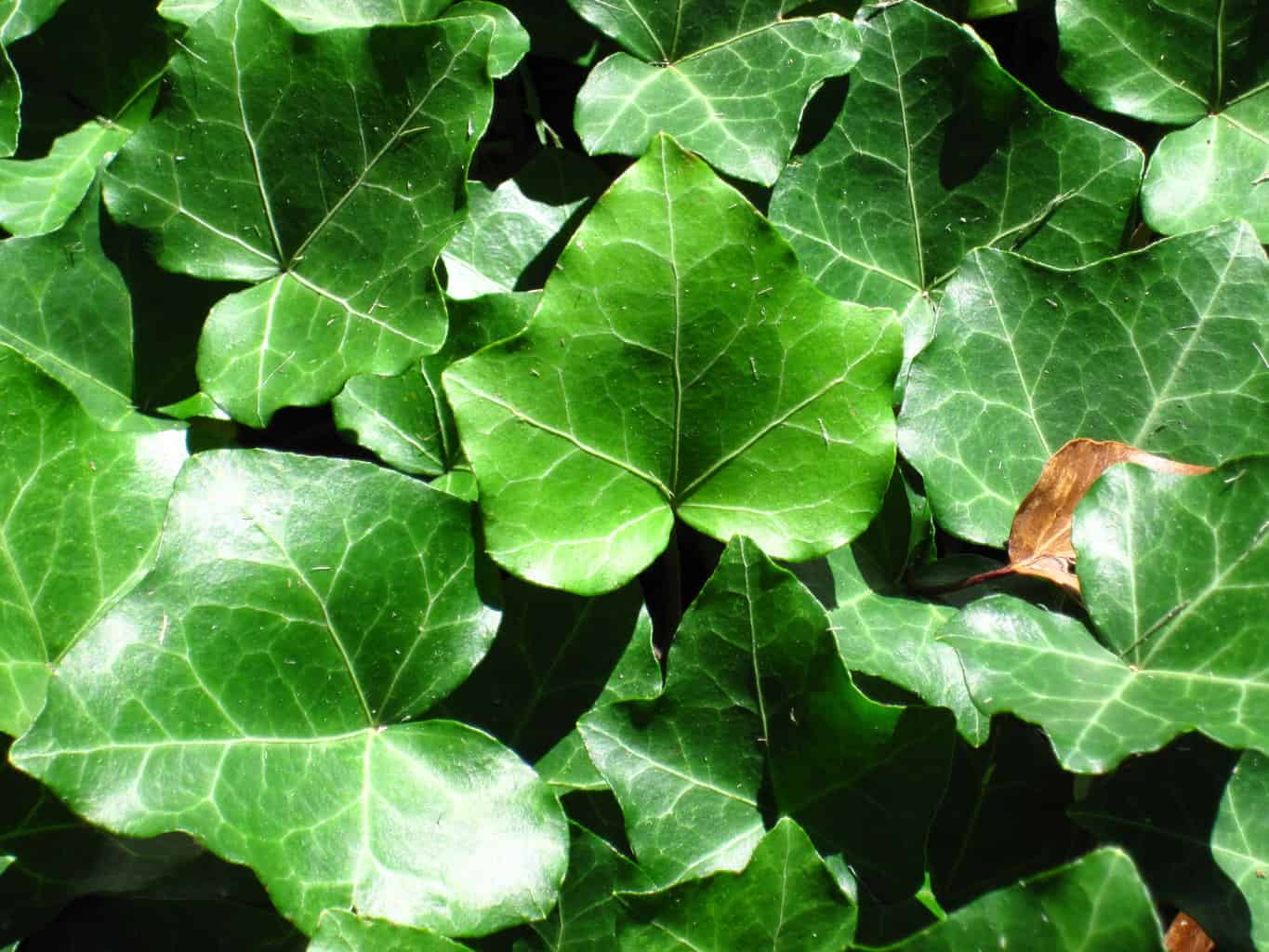
Ivy – the beautiful natural carpet.
Still, the leaves have been known to be toxic for humans and pets.
If your pet ingests it, you might notice vomiting, diarrhea, and even reactions characteristic of abdominal pain.
Dogs have been known to be poisoned by ivy because it is often used as a ground cover, and dogs want to see if there is anything underneath, so they often munch on ivy.
4. Daffodils
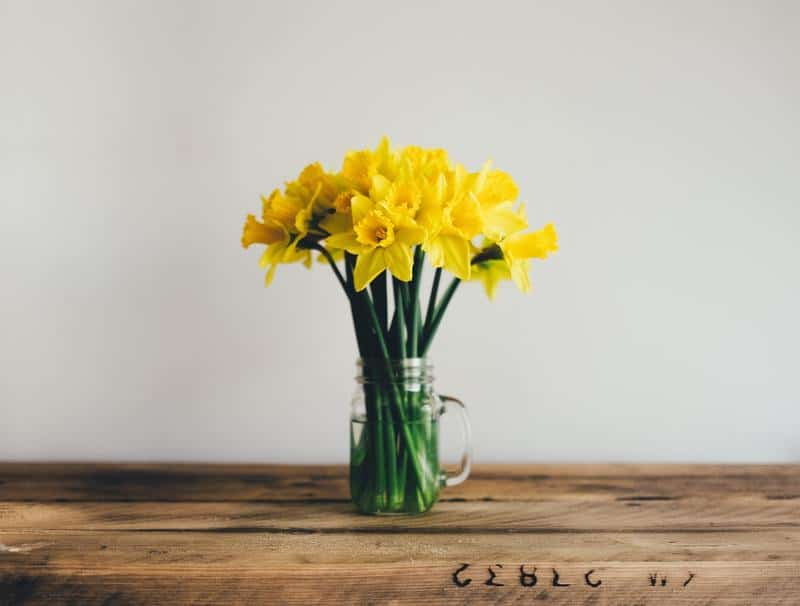
Although they are one of the most beautiful spring flowers, daffodils are very toxic. And cats have been known to be attracted to them.
You should always bear in mind that these houseplants are poisonous to cats!
Ingesting any part of the plant – flower, bulb, or any other part can be the cause of severe vomiting, diarrhea, pain, and possible cardiac arrhythmia or respiratory depression.
Thus, seek professional help immediately if you notice that your pats have been snacking on daffodils.
Only 1 left in stock Only 1 left in stock In stock In stock
Free Shipping
$455.29
Sold By:
BONSAI WORLD LLC
Juniper Bonsai Tree – Trained (juniper procumbens nana)
Only 1 available and it’s in 1 people’s basket
Sold By:
BONSAI WORLD LLC
$10.00
Sold By:
Emerald Dragon Greenhouse
Affinis Black knight
Rated 5.00 out of 5 based on 15 customer ratings00
Sold By:
Emerald Dragon Greenhouse
$10.99
Sold By:
Succulent Oasis
Cactus Plant Small Indian Corn Cob
Rated 4.84 out of 5 based on 352 customer ratings00
Sold By:
Succulent Oasis
$30.00
Sold By:
Smoot's Farm
Hoya Chelsea Wax Flower Porcelain Flower 3 Inch Pot Plant
Rated 4.89 out of 5 based on 27 customer ratings00
Sold By:
Smoot's Farm
5. Chrysanthemums
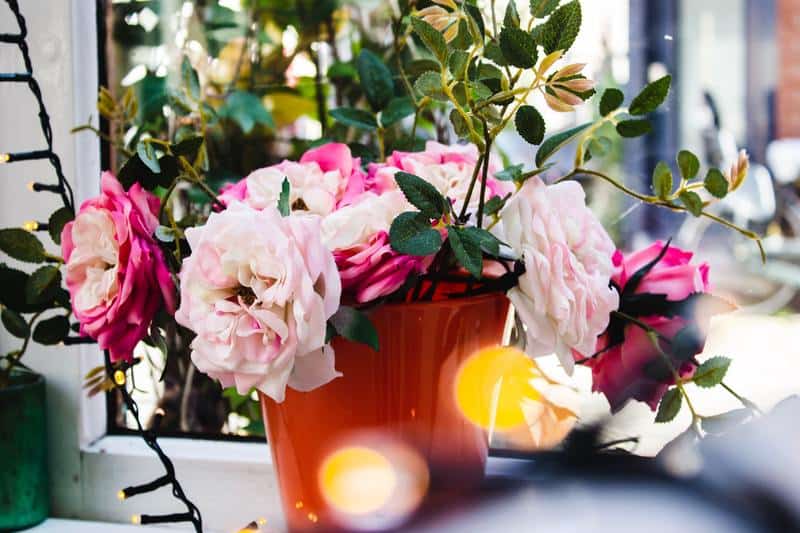
Even though people from some cultures eat them, chrysanthemums can be dangerous for pets.
Ingesting them causes severe diarrhea, vomiting, coordination loss, and dermatitis.
Still, it isn’t heavily toxic and can’t cause fatality.
6. Tulips

Tulips are one of the house plants poisonous to dogs.
They can cause problems to children and cats if ingested, as well.
Still, dogs like to play with the bulb sometimes and bring themselves close to danger that way.
Chewing tulips causes mouth and esophagus irritation. Drooling, vomiting, and diarrhea are other symptoms.
If you notice your dog playing and/or chewing on tulips, take it to the vet right away!
Ingesting too much of this plant causes changes in the respiratory system and increases heart rate.
In stock Only 1 left in stock In stock In stock
$10.99
Sold By:
Cacti and Exotica
CactiandeExotica | Cereus Peruvianus –Peruvian Apple Cactus
Rated 4.98 out of 5 based on 59 customer ratings00
Sold By:
Cacti and Exotica
$10.00
Sold By:
Sparkys Thriftway
Dieffenbachia Plant
Rated 5.00 out of 5 based on 1 customer rating00
Sold By:
Sparkys Thriftway
$9.95
Sold By:
CTS Air Plants
Dracaena Lemon Surprise Houseplants
Only 20 available and it’s in 1 people’s basket
Sold By:
CTS Air Plants
$10.99
Sold By:
Succulent Oasis
Medium Succulent Plant – Cremnosedum “Little Gem”. Beautiful little miniature.
Only 50 available and it’s in 1 people’s basket Rated 4.84 out of 5 based on 352 customer ratings02
Sold By:
Succulent Oasis
7. Bird of Paradise
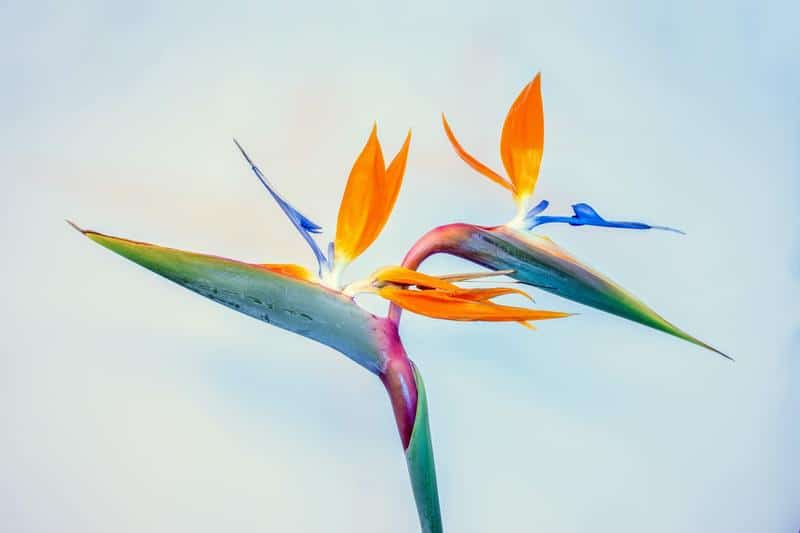
If you are a cat owner, you probably know the conclusion – the bird of paradise is toxic to cats.
Not only that the bird of paradise is toxic to cats, but to dogs and horses as well!
Still, it isn’t nearly as dangerous as it is considered to be.
The flower seeds are problematic and ingesting them can cause problems like heavy breathing and digestive pain.
8. Cyclamen
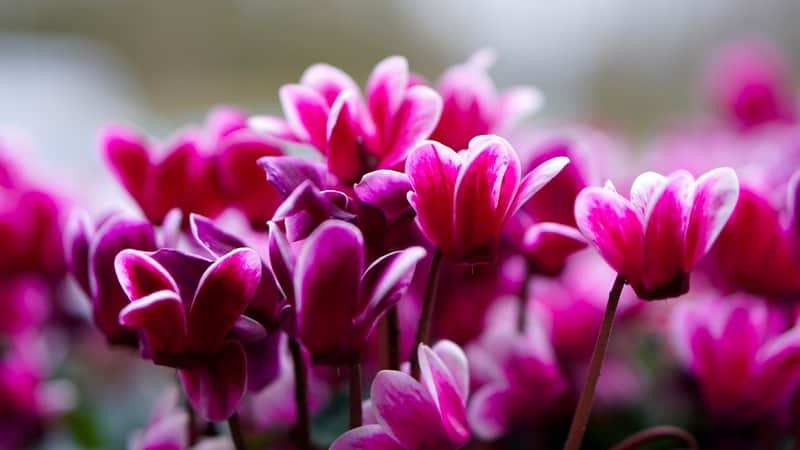
Although it isn’t one of the poisonous indoor plants, its roots are toxic if ingested.
Still, veterinarians say that there have been death reports after pets have ingested cyclamen.
The signs are intense vomiting and discomfort.
9. Azaleas

Azalea is one of the most poisonous indoor plants for your pets.
Ingesting only a small amount of it can lead to serious health problems.
Vomiting and diarrhea are the best-case scenarios, believe it or not!
Ingesting this plant can even lead to coma and death if you don’t reach the vet soon enough!
Only 1 left in stock In stock Only 2 left in stock In stock
$10.99
Sold By:
Succulent Oasis
Medium Succulent Plant – Aloe Aristata Haworthia
Rated 4.84 out of 5 based on 352 customer ratings09
Sold By:
Succulent Oasis
Free Shipping
$39.99
Sold By:
Aloha Hawaii Orchids
$44.99Dendrobium Burana Charming Comes in 4″ Pot
Rated 4.65 out of 5 based on 268 customer ratings00
Sold By:
Aloha Hawaii Orchids
$11.99
Sold By:
Succulent Oasis
Medium Cactus Plant – Mammillaria Gracilis Fragilis or “Thimble Cactus”
Only 2 available and it’s in 1 people’s basket Rated 4.84 out of 5 based on 352 customer ratings02
Sold By:
Succulent Oasis
$74.95 – $149.95
Sold By:
Carlo's Plant Farm
Chantilly Lace ‘Paniculata’ Hydrangea Shrub | Carlo`s Plant Farm
Rated 5.00 out of 5 based on 22 customer ratings00
Sold By:
Carlo's Plant Farm
10. Dieffenbachia
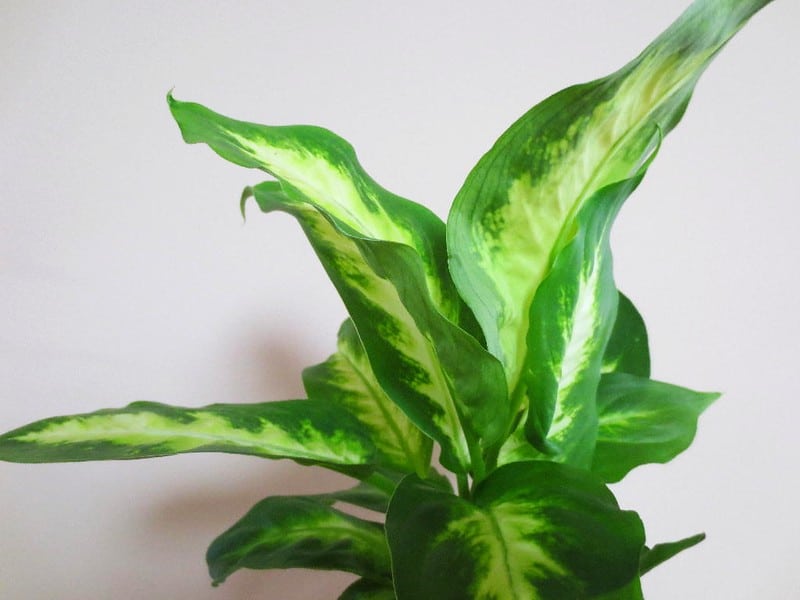
One of the most popular house plants is mildly toxic for people and animals.
Ingesting dieffenbachia can cause oral irritation, nausea, drooling and vomiting.
So if you have kids or pets, keep your dumb cane out of their reach.
And don’t forget to wash your hands after touching it!
11. Begonia

One more of the house plants poisonous to dogs and cats, begonia causes vomiting and mouth burning.
The plant itself is severely toxic, but have in mind that the roots are highly poisonous.
Call the vet in case of ingestion immediately!
12. Rubber Plant
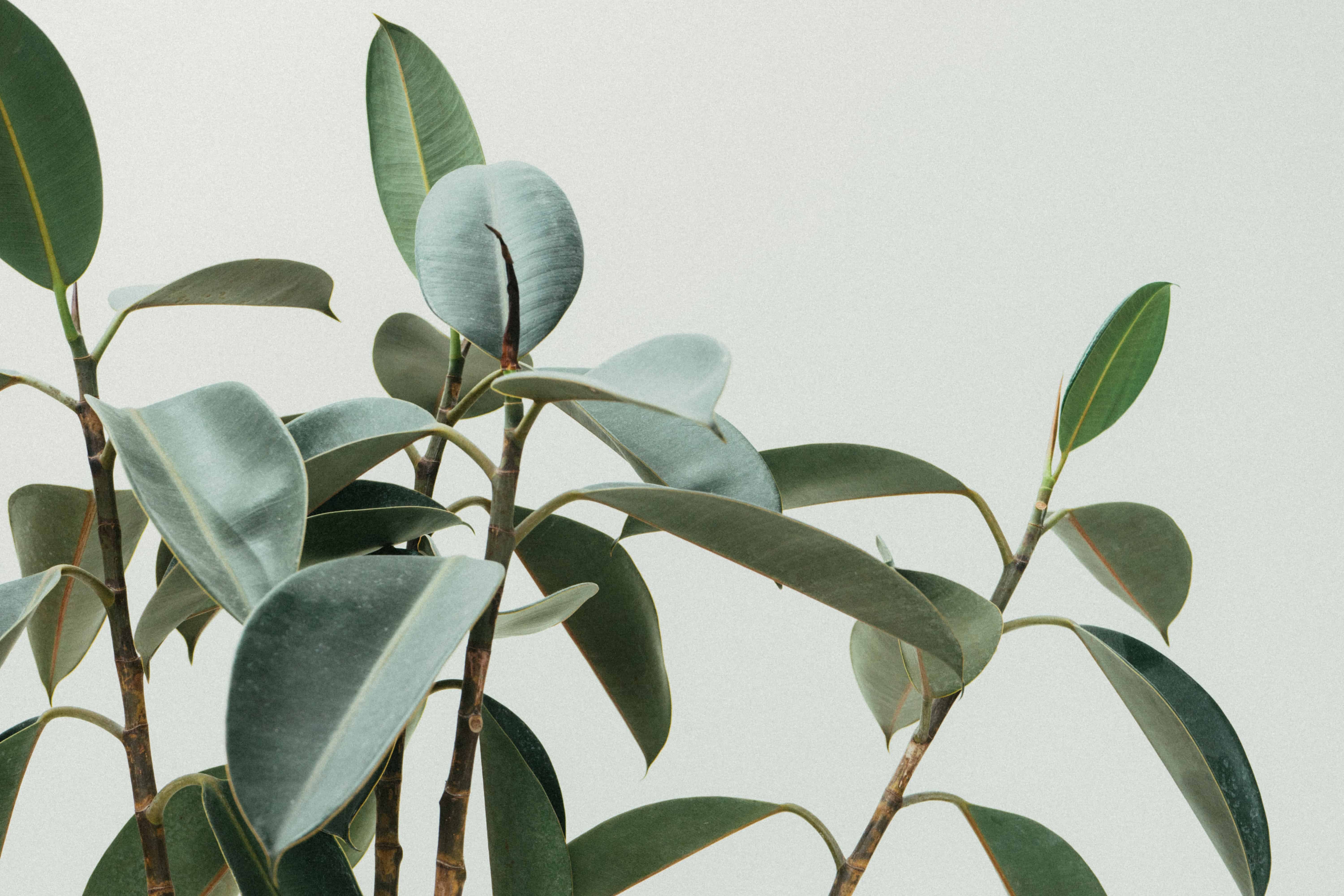
Another one from the ‘house plants toxic to cats’ list – the rubber plant.
Because of their foliage, cats tend to chew on rubber plants.
Ingesting it causes drooling, loss of appetite, vomiting, diarrhea, and depression.
Skin irritations are also possible.
Summary
There are many poisonous indoor and outdoor plants out there.
If you want to keep your children and pets safe, you should know which ones are safe to own.
On the other hand, some plants aren’t severely dangerous and can be bought and then just placed away from kids and pets.
Explore the article and see some of the best options for your household.
Frequently Asked Questions
Bird of paradise -cats’ relationship is somewhat complicated because cats are known to be attracted to this plant.
On the other hand, it is a common house plant because of its extreme beauty.
The answer to the question would be yes, the bird of paradise is toxic to cats (and dogs and horses), but it can’t cause any fatality.
Yes, they are.
Although not highly poisonous, ivy plants can cause some problems when ingested.
The symptoms include vomiting, diarrhea, and pain
This is a difficult question to answer because there are thousands of orchid varieties.
Some of them are poisonous. And some of them are even toxic to humans!
The lady slipper orchid is one of them.
Thus, always research a little bit about the specific variety before you buy it.
Still, if you don’t want to risk it, go for phalaenopsis orchid – they have been known to be safe for both people and animals.
If you have children and/or pets, you’ll need to pay attention to the toxicity when buying a plant.
Don’t worry!
There are as many non-toxic house plants!
Here is a short list containing some of the most popular house plants: peperomia, Boston fern, African violet, parlour palm, spider plant, phalaenopsis orchids, fitonia.
Whether you want to buy, sell or simply reach out to other plant enthusiasts, Plantly is the right place to be!
Only 1 left in stock Only 1 left in stock In stock In stock
Free Shipping
$455.29
Sold By:
BONSAI WORLD LLC
Juniper Bonsai Tree – Trained (juniper procumbens nana)
Only 1 available and it’s in 1 people’s basket
Sold By:
BONSAI WORLD LLC
$10.00
Sold By:
Emerald Dragon Greenhouse
Affinis Black knight
Rated 5.00 out of 5 based on 15 customer ratings00
Sold By:
Emerald Dragon Greenhouse
$10.99
Sold By:
Succulent Oasis
Cactus Plant Small Indian Corn Cob
Rated 4.84 out of 5 based on 352 customer ratings00
Sold By:
Succulent Oasis
$30.00
Sold By:
Smoot's Farm
Hoya Chelsea Wax Flower Porcelain Flower 3 Inch Pot Plant
Rated 4.89 out of 5 based on 27 customer ratings00
Sold By:
Smoot's Farm

